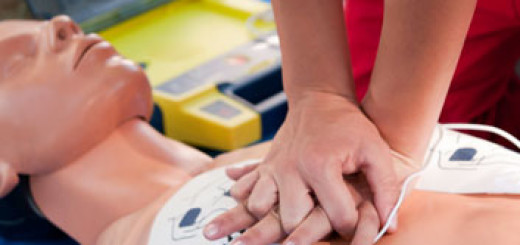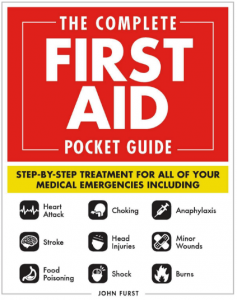How to Pass Your ACLS Exam / Test
The following tips will help you memorize key pieces of information when taking the ACLS exam as part of your ACLS certification or recertification process.
Many students are nervous about the practical assessments involved in the ACLS course. This is understandable as the scenarios are designed to test your knowledge and skills. Remember – proper preparation is essential.
Here’s our top tips:
Become a Master at your Algorithms using Mnemonic Devices
Algorithms are a set of procedures that help you find a solution by determining the right course of action to take. Memorizing or using mnemonic devices as a memory aid can help you remember the next logical step in an algorithm.
Mnemonic devices also help trigger your memory during emergency situations for faster recall. The most common are the five H’s (Hypovolemia, Hypoxia, Hydrogen ion, Hyper or Hypokalemia, and Hypothermia and the five T’s (Tablets, Tamponade, Tension, Thrombosis (coronary), Thrombosis (pulmonary).
All ACLS exams will require that you understand and can recall this information during an emergency scenario.
Remember your Pharmaceuticals.
Part of providing effective ACLS is to know which IV drugs and medications to give in each different situation. Spend some time memorizing each drug and its indications.
American Heart Association Guidelines
Stay up to date with the latest guidelines as mandated by the American Heart Association.
Some of the key recent changes are as follows:
Changes to Chest Compressions
The ABC’s have been changed to the new CAB (circulation, airway, breathing) method.
New Medication Protocols
There are 4 new medication changes to the guidelines. Atropine is no longer recommended for use in PEA.
New Section on Post Cardiac Arrest Care
There is a new integrated system that emphasizes more structure in post-cardiac arrest care.
New Stroke Care Recommendations
New recommendations have been made to the guidelines to improve the quality of care to stroke victims.
Good luck with your ACLS exam!





